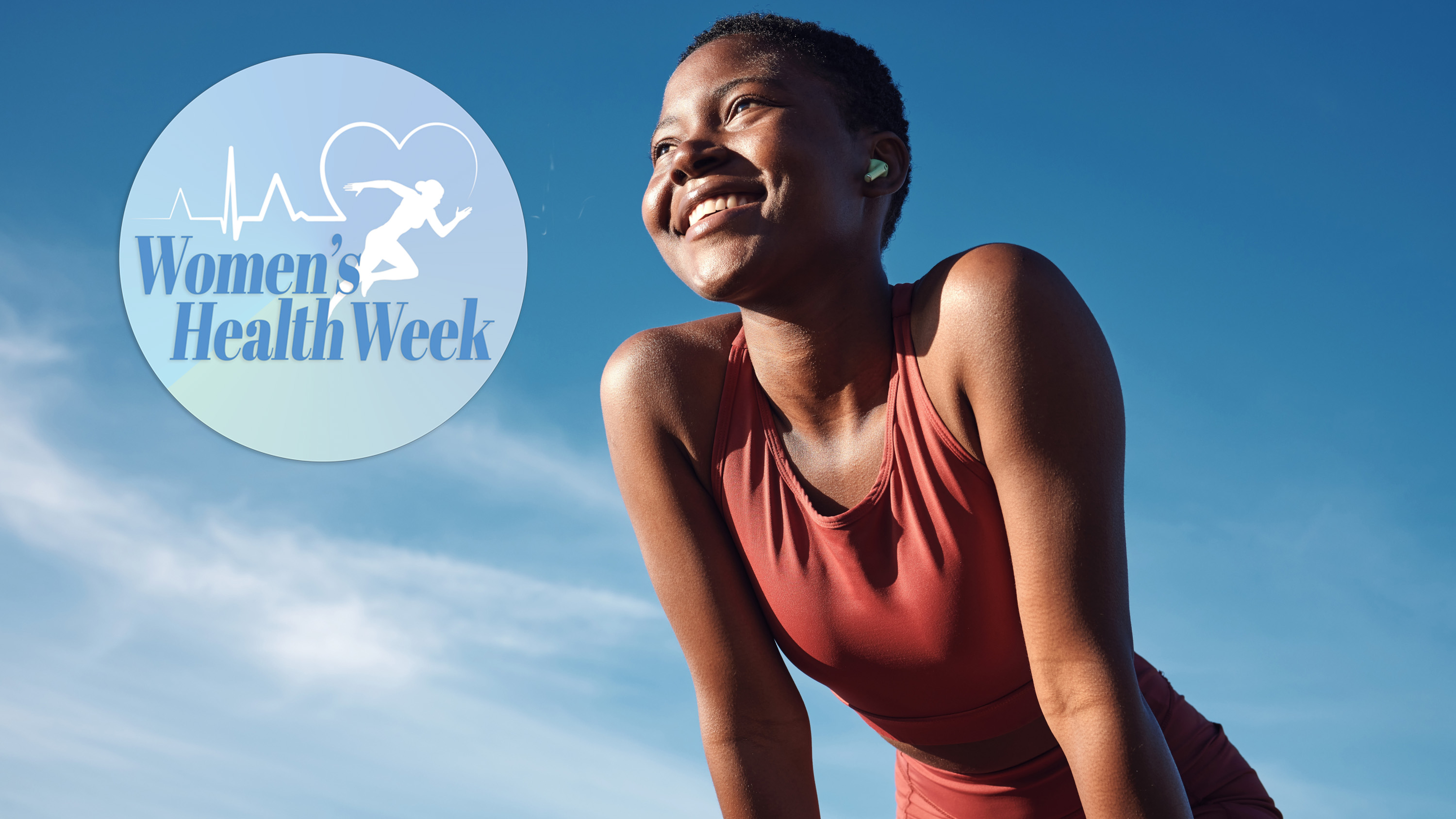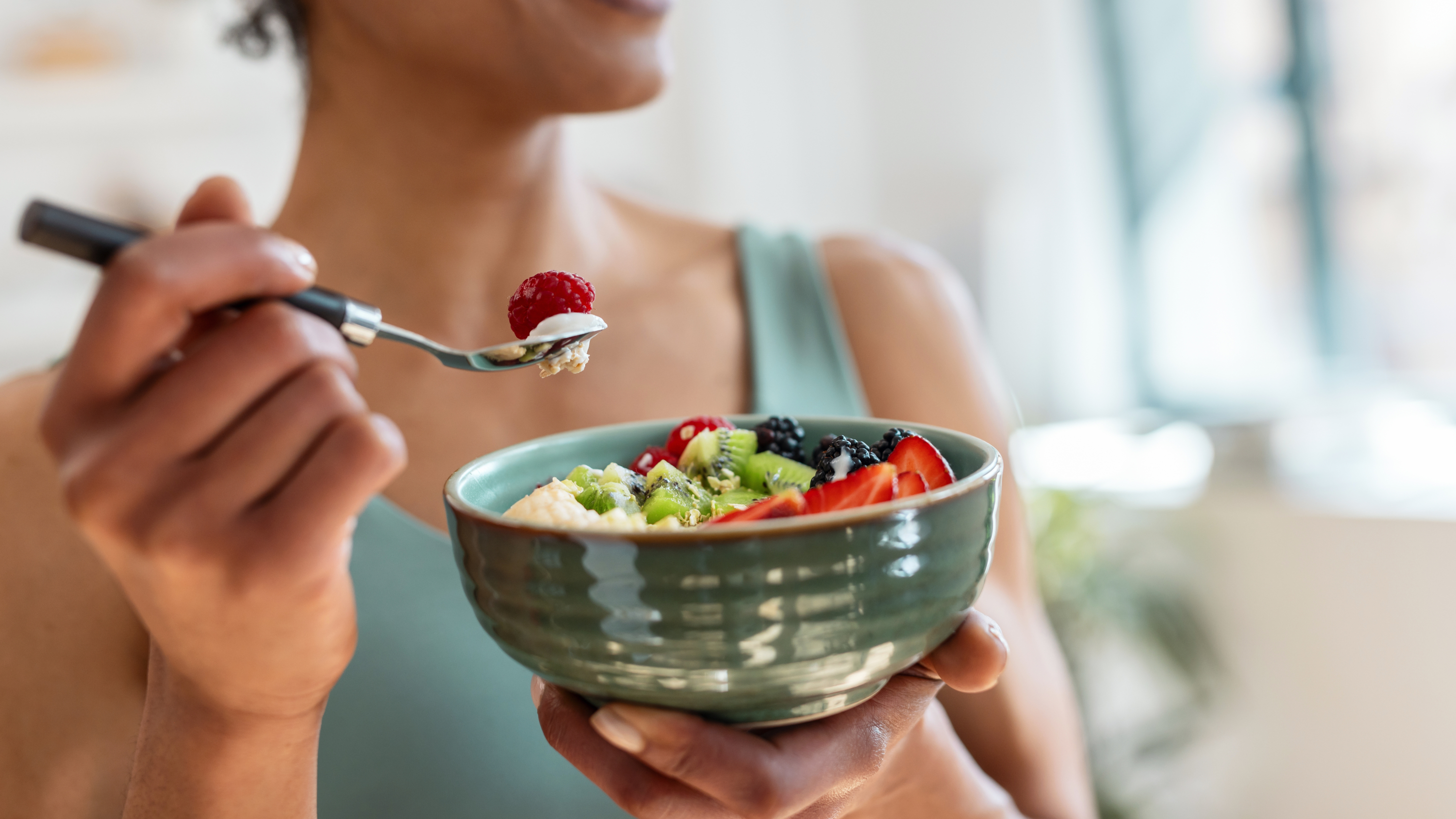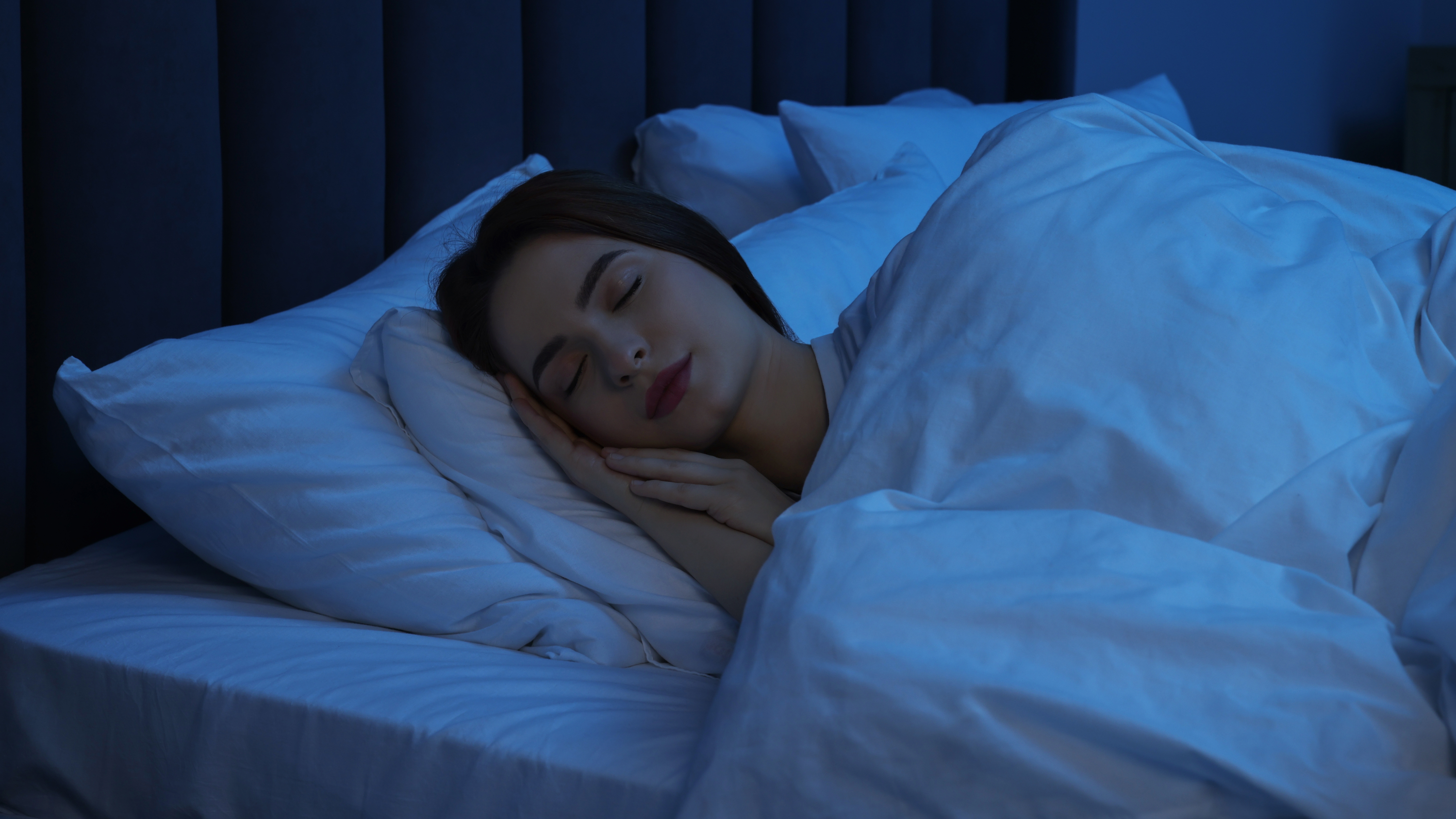5 ways to boost energy levels during your period
Feeling wiped out on your period? Let’s fix that.

Here at Tom’s Guide our expert editors are committed to bringing you the best news, reviews and guides to help you stay informed and ahead of the curve!
You are now subscribed
Your newsletter sign-up was successful
Want to add more newsletters?

Daily (Mon-Sun)
Tom's Guide Daily
Sign up to get the latest updates on all of your favorite content! From cutting-edge tech news and the hottest streaming buzz to unbeatable deals on the best products and in-depth reviews, we’ve got you covered.

Weekly on Thursday
Tom's AI Guide
Be AI savvy with your weekly newsletter summing up all the biggest AI news you need to know. Plus, analysis from our AI editor and tips on how to use the latest AI tools!

Weekly on Friday
Tom's iGuide
Unlock the vast world of Apple news straight to your inbox. With coverage on everything from exciting product launches to essential software updates, this is your go-to source for the latest updates on all the best Apple content.

Weekly on Monday
Tom's Streaming Guide
Our weekly newsletter is expertly crafted to immerse you in the world of streaming. Stay updated on the latest releases and our top recommendations across your favorite streaming platforms.
Join the club
Get full access to premium articles, exclusive features and a growing list of member rewards.
Experiencing a drop in energy during your period isn’t just in your head. Fatigue is a very real and common symptom, often caused by hormonal shifts, disrupted sleep and a dip in key nutrients.
This article is part of Tom's Guide's Women's Health Week — a series of content that explores how technology and the right workouts can support and empower women through every phase of life.
Some of us lean into the tiredness and stay horizontal for a week, others up their caffeine intake and a few throw themselves into workouts in the hope of pushing through.
I’ve tried all of the above and still don’t really know what works best, so, as part of Women's Health Week, I reached out to Dr. Brecht, a board-certified reproductive endocrinologist, to help uncover realistic ways to support your body during this phase of your menstrual cycle.
As it turns out, small adjustments from how you eat to how you move can make a noticeable difference. Whether you're dealing with heavy flow days or want to avoid feeling completely wiped out, here’s how to better manage your energy without overhauling your entire routine.

Why does your period make you feel so tired?
Feeling more tired than usual before or during your period is common, and there’s a biological reason. “Women often feel more fatigued in their luteal phase, which is the second half of the cycle, in the two weeks after ovulation,” explains Dr. Brecht.
“Fatigue can continue into their period of the next cycle. Estrogen decreases and progesterone increases in the luteal phase, and these two changes lead to the fatigue.”
To put it simply, after ovulation, your body experiences a hormonal shift where progesterone increases and estrogen drops. This imbalance can leave you feeling more tired, and that fatigue often sticks around when your period starts. Here's how to manage it.
Get instant access to breaking news, the hottest reviews, great deals and helpful tips.
1. Fuel your body with the right foods
I love nothing more than hitting up the chocolate aisle in the grocery store when I'm on my period. But, I also know that when I'm already feeling low on energy and throw a bag of chocolates into the mix, I won't be able to peel myself off the couch.
Queue Dr. Brecht's advice. She explains that healthy eating, like getting enough protein, fruits and vegetables, can support your energy levels during your period.
If your flow tends to be heavy, iron-rich foods like red meat and spinach are especially helpful to avoid feeling even more depleted. She also advises going easy on high-sugar foods and heavy meals, as both can leave you feeling more sluggish.
And while caffeine might seem like a lifesaver, Dr. Brecht notes that “it is really a quick fix and will lead to a crash in energy levels after.”

2. Move your body, but keep it moderate
Dr. Brecht says, “Moderate aerobic exercise will get your blood flow moving and can boost energy levels,” which makes it a helpful tool if you’re feeling sluggish.
But she also recommends avoiding “very aggressive high-intensity interval training,” especially if you’re already run down. If you're not someone who exercises regularly, try not to jump in too hard. “Make sure to slowly increase your exercise regimen,” she advises.
For better sleep, something many of us struggle with during our period (see below for more on sleep), “avoid exercising within a few hours before bedtime,” as it can make it harder to wind down.
Of course, if your period shows up right before a race or big training day, skipping it might not be an option. Just try to go easy on yourself, prioritize recovery and get as much rest as possible afterwards.
3. Stay hydrated
We all know we're supposed to drink more water (period or no period), but when you're feeling bloated, crampy and tired, reaching for your best water bottle isn't always at the top of the list. That said, staying hydrated really can help you feel better.
You don’t need to chug litres at once, just keep that bottle nearby and sip throughout the day. If plain water feels boring, try adding some fruit slices or go for herbal teas. A little hydration can go a long way when your energy is low.
4. Don’t underestimate the power of sleep

Sleep can be a tricky thing during your period, especially in the luteal phase when hormonal shifts can cause restless nights. These fluctuations in hormones, combined with the discomfort of cramps and the emotional rollercoaster, can leave you tossing and turning instead of getting the rest you need.
Dr. Brecht suggests starting with a simple but effective strategy: “Try to go to bed around the same time each night.” Yes, even when your Netflix binge is calling. A consistent bedtime routine helps train your body to wind down.
But that’s not all. If you want to make sure you actually get some shut-eye, we've all heard it before, but try ditching the screens at least an hour before bed: “Blue light exposure can interfere with melatonin production.”
Instead, focus on winding down: “Meditation and deep breathing are great ways to signal to your body that it’s time to rest.” And finally, make your sleep space a sanctuary: “Make sure your bedroom is dark, cool and filled with comfortable bedding.”
If you’re the kind of person who loves tracking your health data, using something like one of the best smart rings could help you understand how your cycle impacts your sleep, and make it easier to spot patterns and make small changes that add up.
5. Listen to your body
While it's a given we should all listen to our bodies for how it's feeling and what it's craving, we don't always necessarily do that.
You may feel like you need to prove that you can do all your normal activities during your period, but sometimes the most powerful thing you can do is slow down.
Whether that means skipping a workout, going to bed early, or saying no to plans, tuning into what your body actually needs rather than pushing through for the sake of it can help you feel better in the long run.
If you're interested in how your exercise routine and menstrual cycle can walk hand in hand, check out our guide on cycle syncing.
More from Tom's Guide
- The Oura Ring is the best device I've tested for tracking periods — here's why
- How private is your personal data on period-tracking apps?
- Forget burpees — this 5-move low-impact workout works your whole body in just 15 minutes

Jessica has been a fitness writer at Tom’s Guide since 2023, bringing three years of experience writing about health, fitness, and the great outdoors. Her passion for exercise began during her childhood, where she spent weekends hiking and competing in local athletics club events. After earning a master’s degree in journalism from Cardiff University, Jessica found the perfect way to combine her love of storytelling and fitness into a career.
Jessica is passionate about testing fitness gear and tech, using her reviews to help readers make informed buying decisions. She ran her first marathon in April 2024, finishing it in 3 hours and 48 minutes. Through her training, she’s developed a deep understanding of what it takes to grow as a runner, from effective workouts and recovery techniques to selecting the right gear for every challenge.
When she’s not at her desk, Jessica enjoys spending time in the kitchen crafting new recipes, braving cold water swims and hiking.
You must confirm your public display name before commenting
Please logout and then login again, you will then be prompted to enter your display name.
 Club Benefits
Club Benefits










